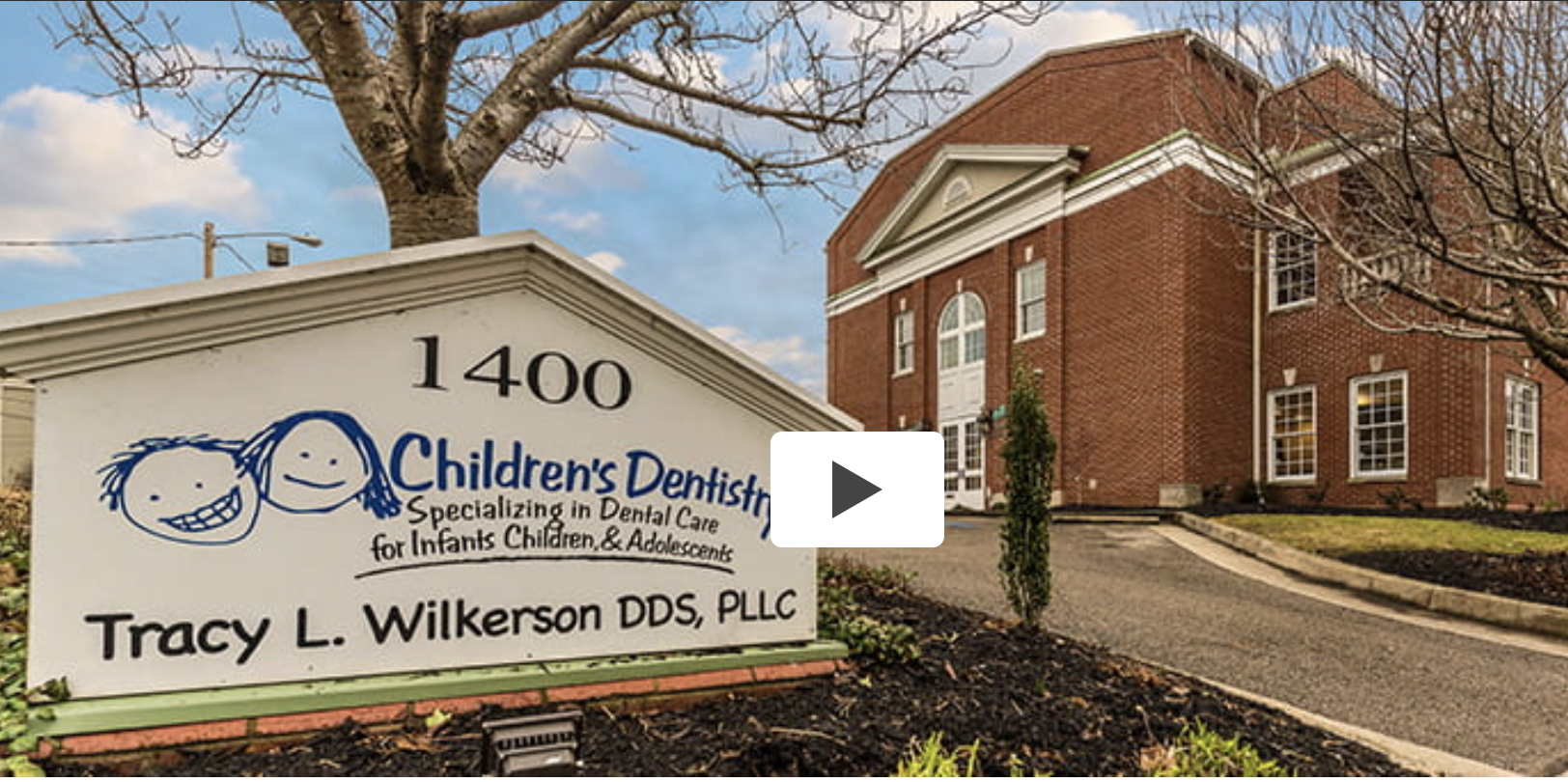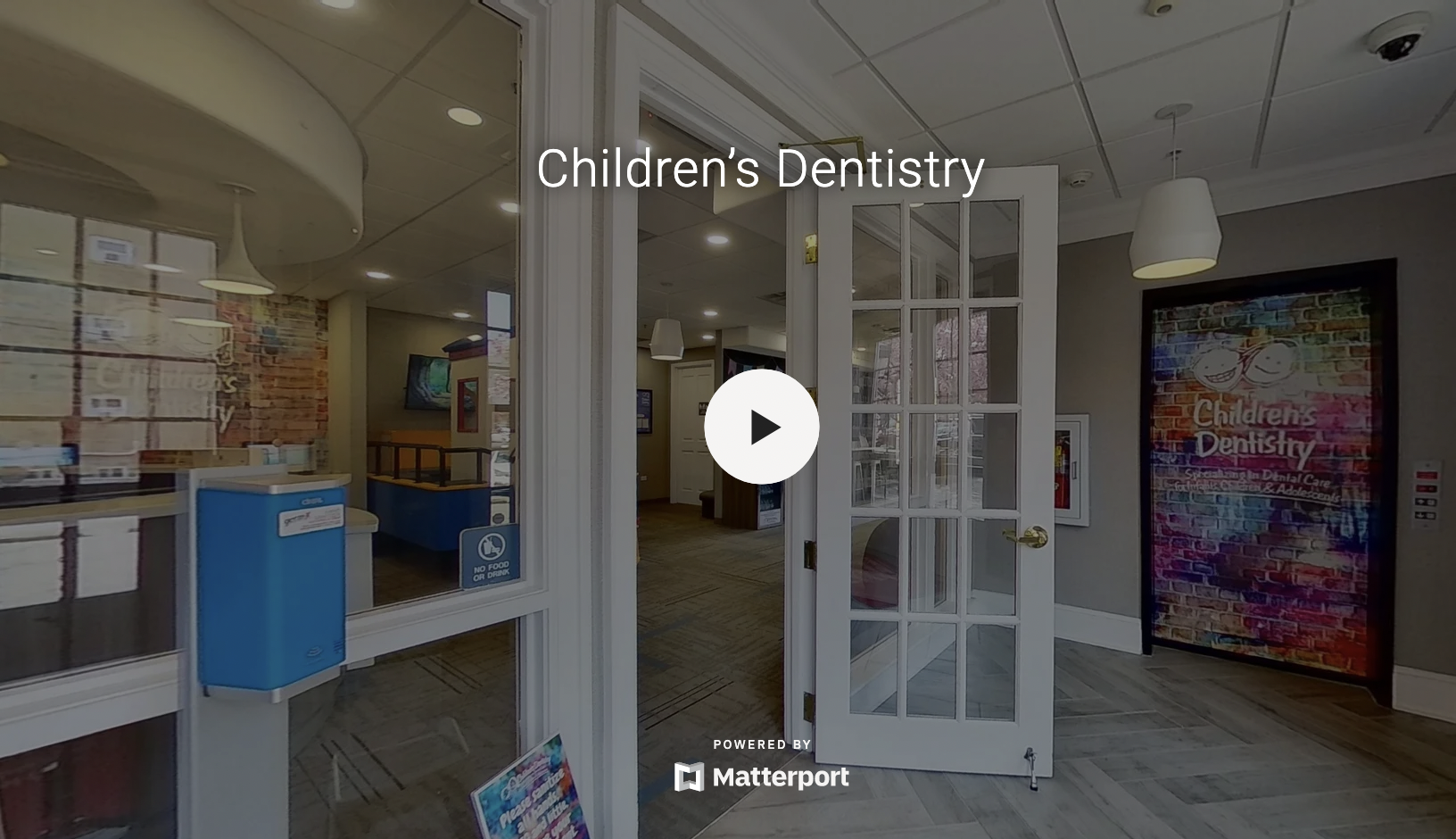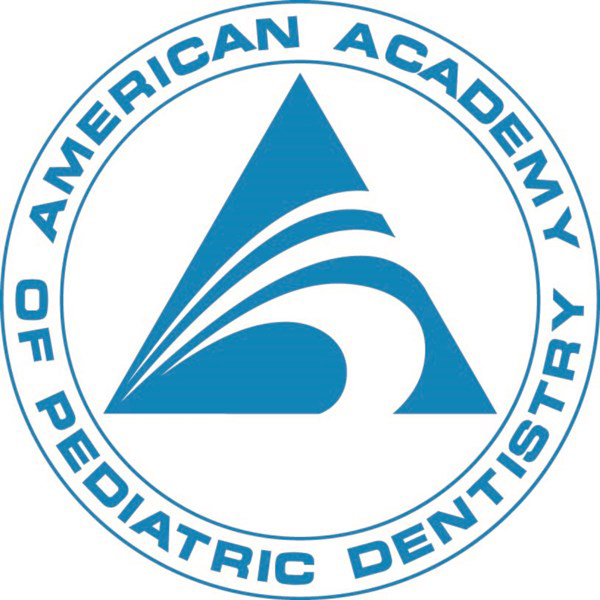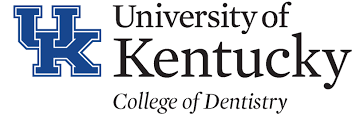New Patients
Online Services
This part is just for parents.
Simply select from the options below.
Financing Options
Affordable dentistry for your family.
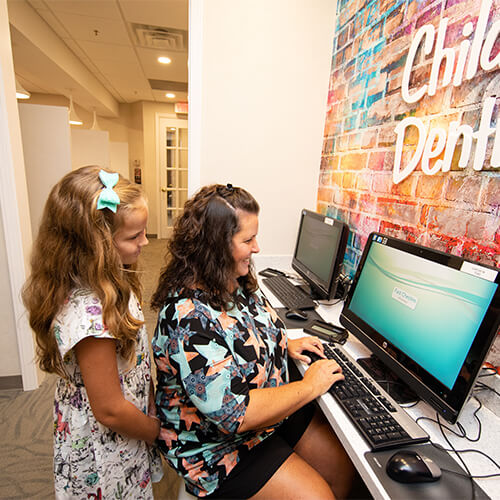
Financial Policy

We deliver the finest care at the most reasonable cost to our patients. If you have questions regarding your account, please contact us directly.
Children’s Dentistry in Charleston, WV, offers a wide range of payment options. Our Financial Coordinator will work out a plan suited to your individual needs.
We accept:
Please note: Payment is due at the time of service.
Insurance for Pediatric Dental Care
Make the most of your benefits.
Our office is committed to helping you maximize your insurance benefits.
You must pay your estimated patient portion at the time of service. As a convenience to our patients, we will bill insurance companies for services and track claims, allowing 45 days to render payment.
We file all insurance electronically; your insurance company will receive each claim within days of the treatment. Please call our office for assistance with insurance-related questions and any changes to your plan.
In our office, we offer high-quality care and Payment options that work for all of our patients. Your child’s treatment plan will include a breakdown of all applicable fees, and we’ll inform you of all costs before we proceed with treatment.
Jacqui R.
Joshua F.
Tarah P.
Lori M.
Ashley M.
Amy B.
Amanda H.
Erica M.
Bethany W.
Danielle P.
We make your child feel like a rockstar at Children's Dentistry.
When to Schedule
Dr. Wilkerson, as well as the American Academy of Pediatric Dentistry, recommend the first visit take place by your child’s first birthday. We specifically design this initial visit for young age groups to educate parents and identify any concerns. Regular dental exams make it possible to identify and treat a problem in its earliest stage, which is our goal at Children’s Dentistry: Tracy L. Wilkerson, DDS.
The secret to a bright, healthy smile is actually no secret at all: brush, floss, and get a professional dental exam at least once every six months.
What to Expect
Our staff has experience and training with different behaviors and levels of cooperation from all age groups.
During the exam, we visually examine your child’s teeth and gums. Additionally, we take necessary dental x-rays that enable Dr. Wilkerson to see below the surfaces of teeth and areas not visible by the exam alone, including the progress of your child’s permanent teeth under the gums.
Our team may clean your child’s teeth and apply topical fluoride to help protect the teeth against decay. We’ll make your dental visit educational and fun.
Use the topic links below to access and read answers from Children’s Dentistry for frequently asked questions regarding pediatric dental care.
What is an appropriate diet for my child?
It’s important that your child receives a naturally balanced diet that includes vital nutrients your child needs for growing. A daily diet should include the major food groups of meat/fish/eggs, vegetable/fruit, bread/cereal, milk, and other dairy products.
Can my child’s diet affect their dental health?
Absolutely. You must ensure a balanced diet for your child so that their teeth develop appropriately. In addition, this will positively affect healthy gum tissue surrounding the teeth. Please note that a diet high in sugar and other forms of carbohydrates may increase the probability of tooth decay.
How do I create a diet that is safe for my child’s teeth?
Analyze the frequency of eating starch-based foods. These types of foods include bread, pasta, potato chips, etc. In addition, sugar is present in more than just candy. All types of sugars can promote tooth decay. For example, most milk-based products contain sugar, and a peanut butter and jelly sandwich is a favorite for bagged lunches. Unfortunately, PB&J includes sugar not only in the jelly but also in the peanut butter.
For less sugar and more flavor plus nutrients, try replacing jelly with fresh fruit slices (apples, pears, or bananas) or chopped dried fruit. Also, go easy on the peanut butter – it’s high in fat. And choose the “no-salt-added” kind for less sodium.
Should I eliminate all sugar and starch from my child’s diet?
Of course not. Many of these foods are incredibly important to your child’s health. For example, starch-based foods are much safer to eat for teeth when eaten with an entire meal. Foods that stick to teeth are also more difficult to wash away by water, saliva, or other drinks.
What should I do if my child’s baby tooth is knocked out?
Contact our office as soon as possible if your child’s baby tooth gets knocked out.
What should I do if my child’s permanent tooth is knocked out?
Rinse the knocked-out tooth in cool water. Do not scrub the tooth. If possible, replace the tooth in the socket and hold it there with clean gauze. If you can’t put the tooth back into the socket, place the tooth in a container of milk (or water if milk is not available).
Call and we’ll schedule you in immediately:
Pediatric Dental Office in Charleston, WV Phone Number:
Feel free to call our emergency number if it’s after hours. Your child’s tooth has a better chance of being saved if you act immediately and contact us right away.
What should I do if my child’s tooth is fractured or chipped?
Contact our office as soon as possible at 304-345-0541.
Time is of the essence! Our goal is to save the tooth and prevent infection. First, rinse the mouth out with water and apply a cold compress to reduce swelling. It’s possible that if you find the broken tooth fragment, it can be bonded back.
What do I do if my child has a toothache?
Call our office immediately to schedule an appointment.
After taking an x-ray and performing an exam, we’ll determine the best treatment option for your child.
How can we prevent dental injuries?
Simple – sport-related dental injuries can be reduced or prevented by wearing mouthguards. We have mouthguards that are perfect for children of all sizes and children in braces. Childproofing your house can also help reduce injuries at home. In addition, regular dental checkups help contribute to preventative care.
What are dental (tooth) sealants?
A tooth sealant refers to a safe plastic that the dentist bonds into the grooves of the chewing surface of a tooth. This simple treatment helps prevent the formation of tooth decay.
How do sealants work?
In many cases, it’s nearly impossible for children to clean the tiny grooves between their teeth. However, when a sealant is applied, the tooth’s surface is somewhat flatter and smoother, and there are no longer any places on the chewing part of the tooth that the bristles of a toothbrush can’t reach or clean.
Since plaque is easier to remove with sealants, there is a lower chance of developing tooth decay in the first place.
What is the life expectancy of tooth sealants?
The longevity of sealants varies. Sealants that remain in place for three to five years are considered successful; however, sealants can last much longer than that. It is not uncommon to see sealants placed during childhood still intact on the teeth of adults. Therefore, our office will check your child’s sealants during routine dental visits and will recommend repair or reapplication when necessary.
Which teeth should be sealed?
Any tooth that shows characteristics of developing decay should be sealed. The most common teeth for a dentist to seal are a child’s back teeth.
The recommendation for sealants is on a case-by-case basis, depending on the patient’s tooth anatomy, oral hygiene, diet, and risk for decay.
What is the procedure for placing sealants?
Generally, the procedure takes just one visit. Placing dental sealants is a straightforward process: the tooth is cleaned, conditioned, and dried.
We apply the sealant onto the tooth’s grooves, where it’s hardened with a special blue light and then buffed. After that, all normal activities can occur directly after the appointment.
How important is brushing and flossing after sealants are applied?
Sealants are only one part of the defensive plan against tooth decay. It’s just as important for your child to brush and floss their teeth.
How much does it cost?
This treatment is quite affordable, especially when you consider the value of protecting your child against tooth decay. It’s important to note that many dental insurance companies cover the cost of dental sealants.
Sealants are one of the best treatments for your child’s teeth. Check with your insurance company about your child’s specific dental coverage.
What is a mouthguard, and why is it so important?
A mouthguard protects the teeth from possible sport injuries. It protects not only the teeth but also the lips, cheeks, tongue, and jaw bone. It can also contribute to the protection of a child from head and neck injuries such as concussions. Most injuries occur to the mouth and head area when a child is not wearing a mouthguard. A mouthguard consists of soft plastic and comes in standard or custom fits to adapt comfortably to the upper teeth.
When should my child wear a mouthguard?
A child should wear a mouthguard during any sport-based activity where there’s a risk of head, face, or neck injury. Such sports include hockey, soccer, karate, basketball, baseball, skating, skateboarding, and many other sports.
Most oral injuries occur when children play basketball, baseball, and soccer.
How do I choose a mouthguard for my child?
Choose a mouthguard that your child feels is comfortable. If a mouthguard feels bulky or interferes with speech to any significant degree, it’s probably not appropriate for your child. There are many options in mouthguards, and our office helps provide your child with a custom mouthguard or a standard fit based on your needs.

